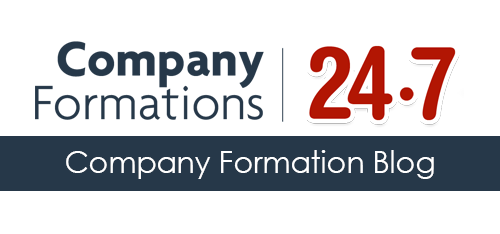The Company Formation process will involve certain steps such as choosing a company name and completing the registration process with Companies house. When setting up a company, one of the first decisions that you will also take is to choose a company structure. Whether setting up a Limited company and employing staff, operating as a sole trader or forming a business partnership, selecting the right company structure will be an important consideration. Your chosen business structure will of course affect how much tax you pay, the level of paperwork involved and your personal liability.
When choosing a company structure, it will normally depend on the following factors.
- Why type of business you will be operating
- Whether you will work alone or employ staff
- If you are setting up as a non profit organisation
Choosing to be a Sole Trader
A sole trader is normally a good choice when just starting out on your own. A sole trader is usually a person who sets up their own business. They can work alone or employ staff. Tradesmen, It consultants and building contractors may choose this business structure. One important factor that affects Sole Traders is that they will have unlimited Liability. This means that the business owner will have unlimited liability for any losses or debts that the business may incur. However on the other hand, all profits subject to tax of course will belong to the owner. Sole Traders can use a Company Name like any other business. Generally, a sole trader will need little capital to start their business depending on what equipment is needed. Tradesmen, cleaners, IT specialists, builders and consultants are typical professions that would suit a sole trader company structure.
As a Sole trader you are not required by UK law produce annual accounts for inspection. Many new businesses often start off as a sole trader because is quite cheap, simple and quick to set up. Your tax can be self assessed allowing expenses to be tax deductable which is often a major attraction. Travel expenses, working from home costs and business materials can all be deducted from your income. Only the profit that the business makes is taxed. Many sole traders choose to employ an accountant to help with their end of year accounts and the submission of their tax returns or self assessment. All expenses should be recorded and all receipts kept. Once these are deducted from your total earnings, the profit left is what will be taxed.
Operating as Sole trader actually offers a lot of flexibility as you are the business owner. Any profits that the business makes are entirely yours.
Summary
- All profits and liabilities belong to the Sole Trader. If the business makes a loss or is liable for debt then you as the business owner are personally liable.
- Liability is unlimited ( Any business debt can be met from the owner’s personal wealth and assets)
- Only the profit that the business makes is subject to taxation by HMRC (This is normally at 20%)
- Tax will be self assessed and your tax return submitted to the HMRC. You can also hire an accountant
- Any business expenses are tax deductable. These include business travel and working from home expenses such as rent, energy bills and cleaning materials.
As your business grows, it is then possible to form a limited company. Having an accountant is usually a good idea as they are not too expensive and can help with tax returns and general advice.



